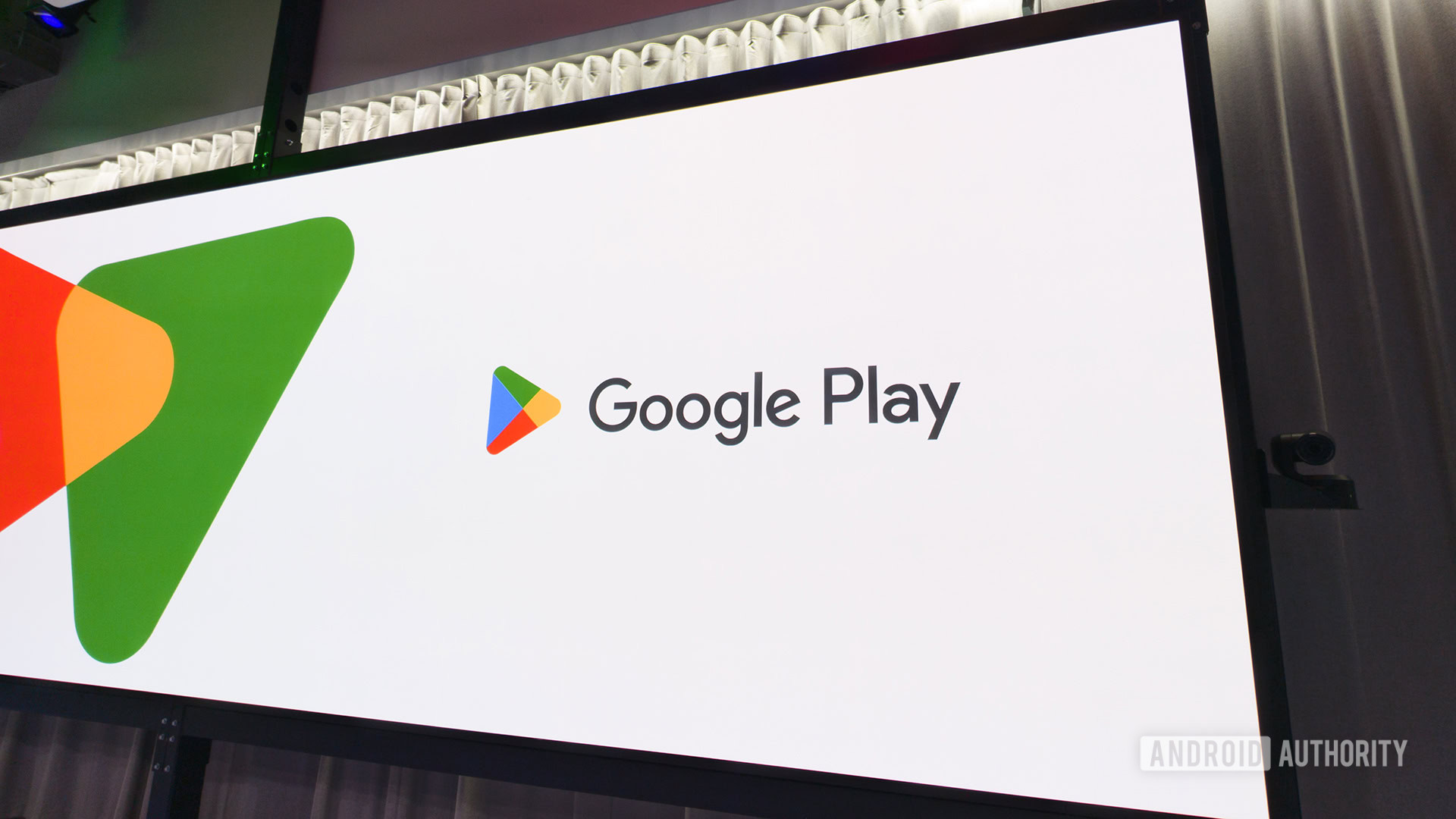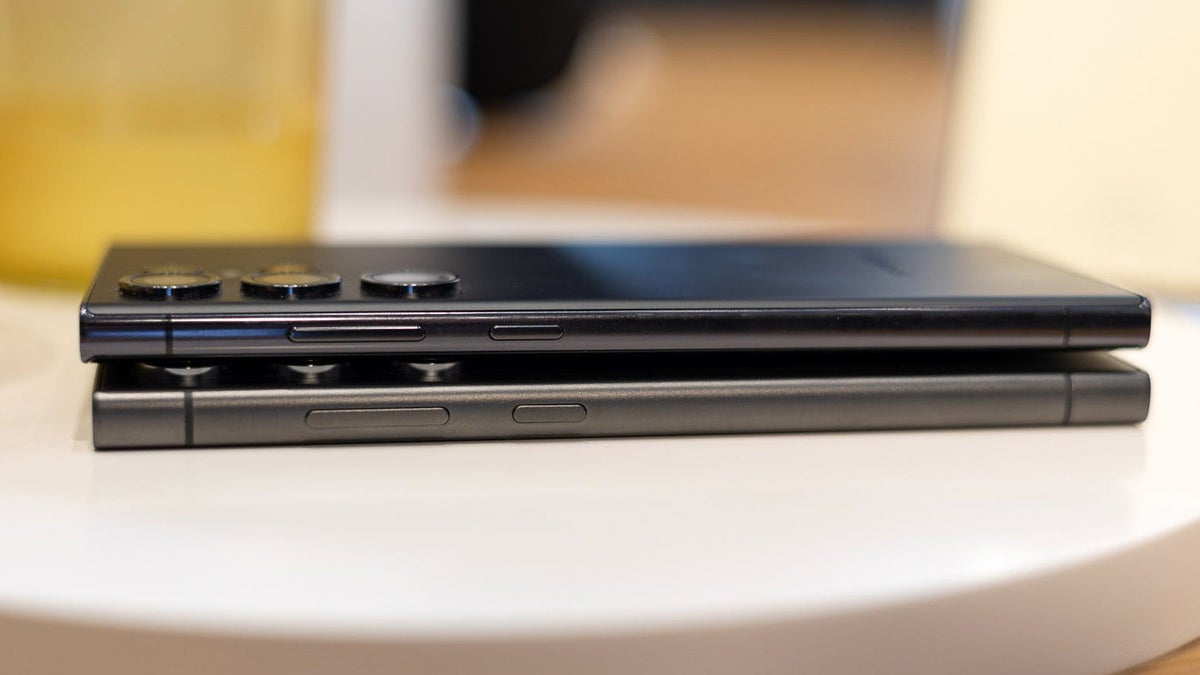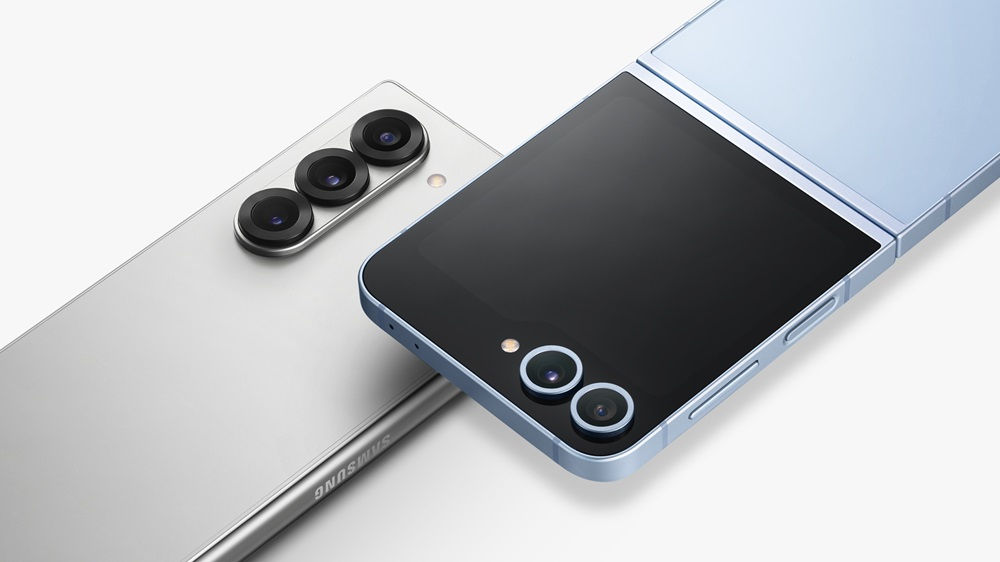From 9to5mac.com

One of the biggest highlights of the new iPad Pro is the OLED display for the first time on an iPad. Although the technology has been around for a while in the iPhone and Apple Watch, previous iPads were all equipped with LCD (or mini-LED) displays. However, despite having an OLED panel with a variable refresh rate, the M4 iPad Pro still lacks an always-on display like the latest iPhones.
With the rumors of OLED coming to the iPad Pro, some people were hoping that Apple would also enable the always-on feature, which exists on the Apple Watch Series 5 and later and also on the iPhone 14 Pro and later. However, that didn’t happen.
Since each pixel on OLED panels is individually illuminated, the display can simply turn off pixels that aren’t being used in black areas of the image. As a result, the device can keep the screen on to show some basic information such as the clock and widgets without draining the battery. But why does the OLED iPad Pro lacks the always-on feature?
According to Apple, the OLED display in the latest iPad Pro models has a variable refresh rate. However, the rates range from 10Hz to 120Hz. When Apple brought always-on to the iPhone 14 Pro, it also switched to an LTPO panel with a minimum refresh rate of 1Hz, which helps save even more power.
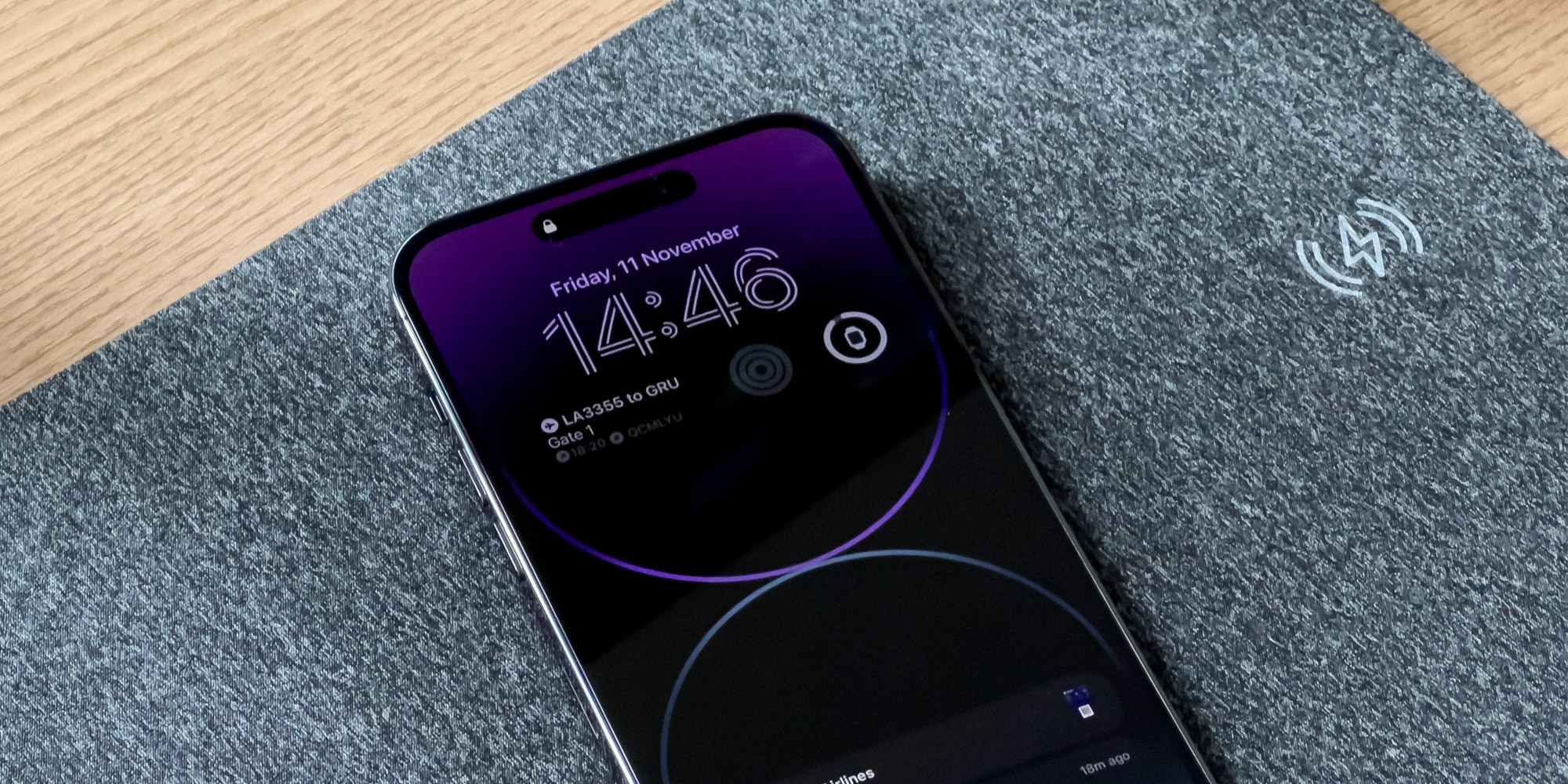
This means that when the display is not in constant use, the image is updated once a second. On the iPad Pro, the display showing a static image is updated 10 times every second. Although the company could theoretically enable always-on for any OLED panel, it has set a minimum refresh rate of 1Hz as a requirement for this feature.
It’s the same situation with the iPhone 13 Pro, which was the first iPhone to get an OLED panel with a variable refresh rate of up to 120Hz. However, the lowest rate was also 10Hz, so it never got the always-on feature.
iPadOS 18 might change that
Of course, things may change in the future as Apple is rumored to be working on accessories such as a dock with built-in speakers for the iPad, so the always-on feature would make a lot of sense for it. Apple could enable it only when the iPad is in the dock, since power wouldn’t be an issue in that case.
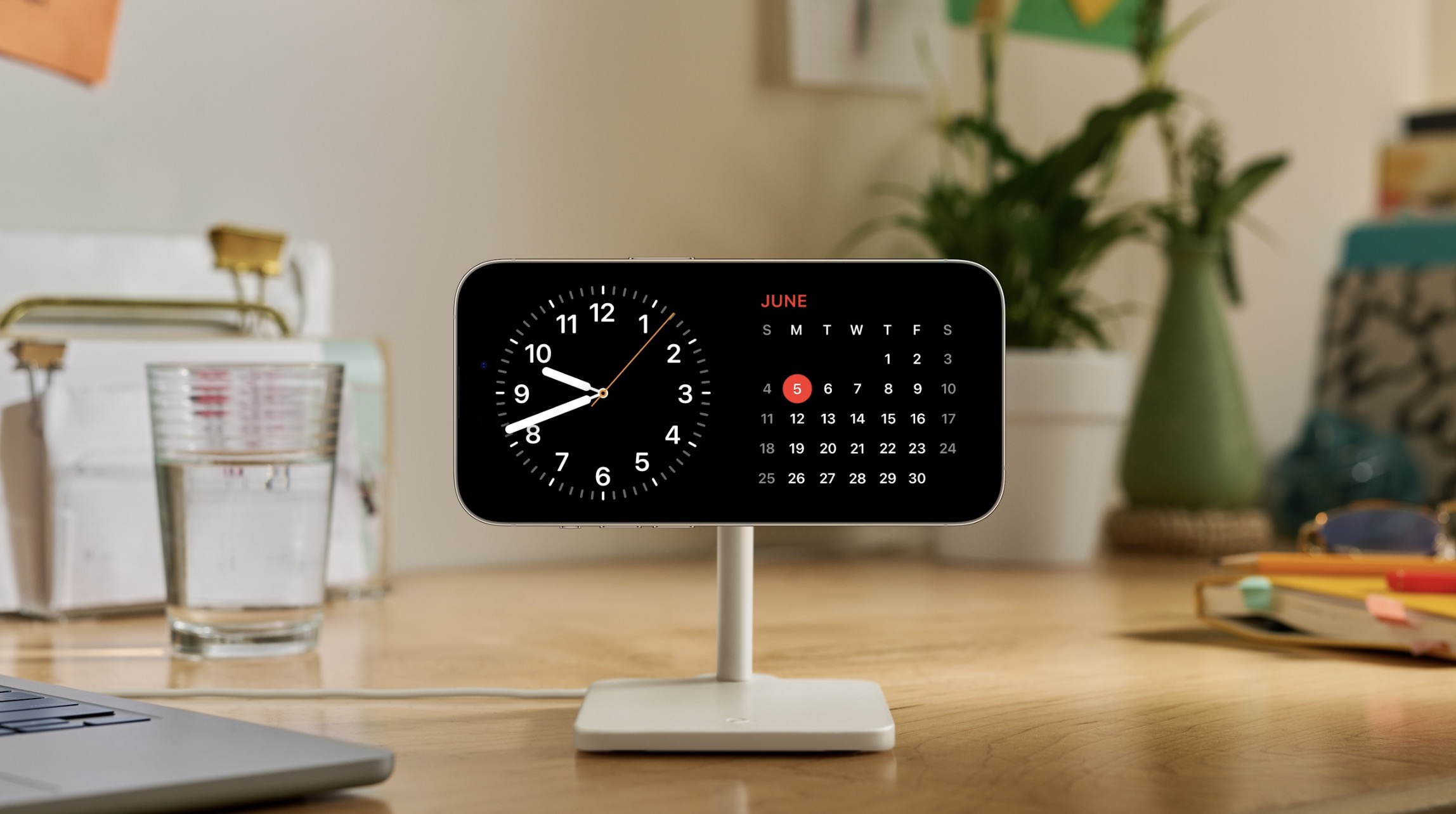
What about you? Do you miss always-on display on the iPad? Let me know in the comments section below.
- Apple announces new iPad Pro: OLED display, M4 chip, thinner redesigned chassis
- M4 iPad Pro vs M2 iPad Air: Is it worth the extra money?
- Here’s everything Apple announced at its iPad-focused ‘Let loose’ event
Add 9to5Mac to your Google News feed.
FTC: We use income earning auto affiliate links. More.
[ For more curated Apple news, check out the main news page here]
The post M4 iPad Pro lacks always-on display despite OLED panel first appeared on 9to5mac.com





/cdn.vox-cdn.com/uploads/chorus_asset/file/25546607/image__21_.png)



